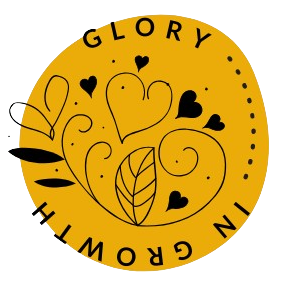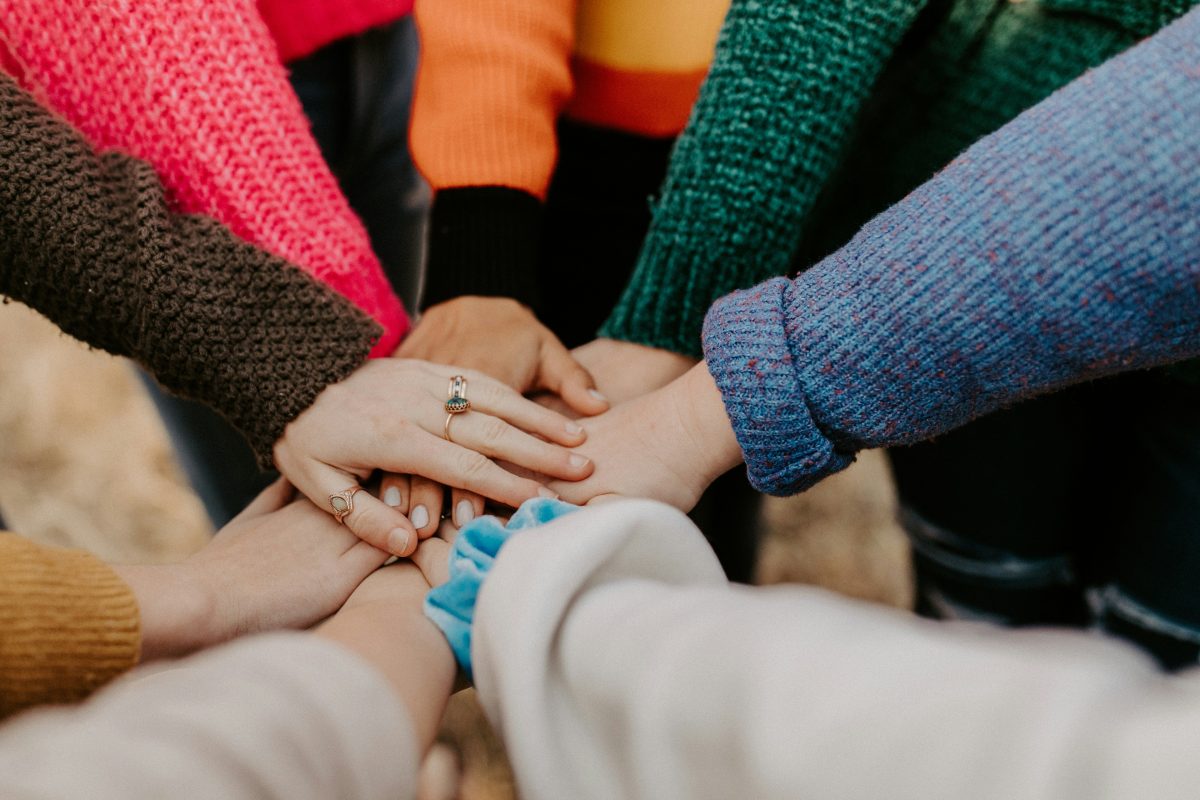Hey there, fellow travelers on the winding road to mental wellness! Let’s chat about something exciting today: informal community care. You might wonder, “Why is this such a big deal?” Well, the World Health Organization (WHO) thinks it’s a game-changer—and for some pretty remarkable reasons. But before we dive in, grab a cozy seat and get ready for some mental health magic.
Informal community care is like a warm hug for your soul—a haven where communities rally together, offering support, empathy, and understanding. No degrees or fancy titles needed—just genuine care and human connection. It’s that sense of solidarity and support that makes it shine, and there’s something more about it that’s truly extraordinary.
So, what does informal community care look like in practice? It’s unique to everyone’s experience, and the beauty of it is that you can find it in the activities and places that already bring you joy or comfort. Here are some real-life examples:
- Church and Fellowship Groups: If you regularly attend a church or another place of worship, you might find that the emotional support from fellowship groups, prayer circles, or casual meetups becomes a big part of your mental wellness. It’s a safe space to connect with people who share your values and are there for you when you need someone to lean on.
- Meditation Centers: Maybe you prefer a more secular or mindfulness-based approach to your well-being. If you frequent a local meditation center, you’re not just managing stress but also building connections with others who share your journey to calm the mind and manage anxiety.
- Dance Classes or Groups: For the movement lovers out there, dance classes can be more than just physical exercise. Whether you’re into salsa, contemporary, or hip hop, joining a dance group allows you to express yourself, relieve stress, and grow together with others in the community. Plus, it’s a fun way to form lasting friendships!
- Basketball or Rec Sports: If you’re a fan of shooting hoops, you might find informal community care in local basketball games at your rec center. Whether you’re part of a league or just enjoy some casual games, being part of a sports group gives you a chance to build camaraderie, release stress, and make new connections through shared activity.
- “Third Places” Beyond Home and Work: Whether it’s the local café, a book club, or a gardening group, informal community care often thrives in these “third places”—places where people come together outside of home and work. These spaces are crucial for mental well-being, as they provide a chance to engage with others, share common interests, and find support in a relaxed, non-clinical setting. In this digital age, online platforms have become hubs of connection as well. From Reddit threads to Facebook groups, these spaces provide advice, shared stories, and solace in anonymity.

Now, let’s address why the WHO champions informal community care over formal therapy or coaching, especially in the context of massive power imbalances that perpetuate structural inequality:
- Accessibility: Formal therapy or coaching can be hindered by barriers like cost, availability, or stigma. Informal community care is often more accessible—it’s free, inclusive, and available within your comfort zone, bridging the gap for those who might not access formal avenues.
- Relatability: Sometimes, sharing experiences with peers who understand firsthand what you’re going through can be incredibly comforting. It’s like having a chat with a friend who just gets it.
- Holistic Support: Community care isn’t limited to one approach. It’s a tapestry of diverse perspectives, advice, and support systems that cater to various needs—emotional, social, and even practical.
- Empowerment: Traditional therapeutic relationships sometimes carry inherent power dynamics. Informal community care allows for more equitable relationships, fostering empowerment as everyone participates as both givers and receivers of support.
- Structural Equality: Unlike formal settings, community care can bridge gaps caused by societal inequalities. It doesn’t reinforce hierarchies or perpetuate systemic biases; instead, it thrives on collective support and shared experiences.
Remember, dear reader, there’s no one-size-fits-all approach to mental health care. Formal therapy, coaching, or informal community care—each path has its merits. Your mental health journey is valid, and you have every right to explore different avenues until you find the support that resonates with you.
Informal community care isn’t just about healing—it’s a movement toward a more equitable, compassionate society. It’s a testament to the fact that healing and support come in many forms, and you’re never alone in your pursuit of well-being.
So, if a virtual support group or a heartfelt conversation with a friend brings solace, embrace it! Your healing matters, and the power of collective support within communities can be an empowering force in your journey.
In the end, it’s about fostering a culture of empathy, understanding, and solidarity—a reminder that healing is for everyone and that community care is a beautiful, inclusive space for nurturing mental wellness.
Here’s to celebrating the power of informal community care and building a world where compassion reigns supreme!
Stay kind to yourself!

